ghazi52
PDF THINK TANK: ANALYST

- Joined
- Mar 21, 2007
- Messages
- 101,785
- Reaction score
- 106
- Country
- Location
........................................................
Yearning for home: A Jewish woman’s memories of Lahore
Hazel Kahan recalls the city 40 years after she left with her parents
BY TAHA ANIS
“What do you think about Lahore? Can you believe how much it’s changed?” I was asked over and over again there, as my friends listed the traffic, the crowds, the new subdivisions, the restaurants, the box stores. Yes, of course (I’ve changed too in 40 years), but really their question was rhetorical. They were telling me how their Lahore has changed, how it has been transformed from the green and pleasant place of my youth, a place of order and predictability, still basking in the afterglow of the British Raj, where we worried about contracting dysentery from improperly washed fruit or about being jostled by hideously mutilated beggars in the bazaar. Today, home, sweet home requires high walls and iron gates, reinforced by fierce dogs and quasi-uniformed men. Today, my Lahore and theirs has grown to a city of over 10 million…
— Hazel Kahan in the New York-based weekly The East Hampton Star

A view of Hazel’s childhood house. PHOTO: HAZEL KAHAN
55 Lawrence Road, Lahore. Or as Hazel Kahan called it, home. Perhaps the last living Jewish woman to still associate Pakistan with that most hallowed of words.
And while she may have left it behind for the comfort and solitude provided by the woods of Long Island, New York, Pakistan refuses to leave her.
“When did I leave Pakistan? I left Pakistan many times. I left it every year to go to boarding school, I left when my parents moved in 1971, I left in 2011, I left in 2012 and I left in 2013,” she says. “Every single time, I never knew whether I would ever go back.”
Every single time, she did.
Having left the country along with her parents in 1971, Hazel thought she had moved on from Pakistan. “I had become occupied with other things,” she said. “I had a family, I got a PhD; I got on with my life.”
For nearly 35 years, Pakistan became a distant memory; “a dream” as she puts it. Then in 2007, her father passed away. With that came an overwhelming urge to return to her childhood home.
“My mother died quite a while back,” says Hazel, her voice occasionally cutting up on Skype. “Then, my father died and I started thinking about Lahore. Not Pakistan, Lahore.”
But she found herself alone in her association of Lahore, with no one to share and relive those fond memories with. “There was no one who understood what I meant when I said ‘Lahore’, my Lahore,” she recalls. “The only person who I could have talked to perhaps was my brother but back then we had a falling out and hadn’t talked for over 30 years.”

Hazel and with her brother Micheal. PHOTO: HAZEL KAHAN
With time, the urge to return only increased and the more distant and ‘dreamlike’ Lahore grew, the more she knew she couldn’t stay away from it for too much longer. “55 Lawrence Road was my childhood home,” she explains. “And of course it meant a great deal to me.”
Her decision made by an overpowering and almost visceral need, Hazel soon realised travelling to Pakistan was easier said than done. “I didn’t know anyone there,” she said. “I could barely speak Urdu and then there were all these things in the media about how unsafe the country was.”
There were other hurdles in her way as well. “I was told that I wouldn’t be allowed entry into Pakistan if I had any stamps from Israel on my passport,” she adds, her voice breaking up due to weak cellular signals. “That was overcome as I applied for a new British passport and used that instead of the one that had the Israel stamps on it.”
Logistical issues, along with security fears, still needed to be sorted out though. “I booked a room in a small hotel in a residential area of Lahore,” she adds. “But the Raymond Davis incident had just taken place and there was a lot of furore in that part of the world around it.”
She got cold feet and suddenly she was not so sure about returning to a place almost forgotten; about scratching a 40-year-old itch she didn’t even realise existed until not too long ago.
But once again Lahore pulled her towards it, as if summoning her, and Hazel found herself answering its indomitable call.
In these 40 years or so, a lot had changed but Lahore, Lahore as she knew it, still retained its unmistakable identity. “As soon as I landed, I noticed that the airport was much bigger than it had been back in the day,” she says, her smile almost palpable over the voice call. “I had a clear picture of Lahore. The essence of Pakistan…it was there. I felt it immediately…it was familiar.”

A view of Hazel’s childhood house in Lahore in present day. PHOTO: AYESHA MIR/EXPRESS
A lot had changed too, as she wrote in the New York-based weekly The East Hampton Star after returning in 2011. “…still the cherished cultural heart of Pakistan but now also menacing home to the daarhiwallahs, the bearded fundamentalists in traditional shalwar kameez who easily outnumber the clean-shaven men dressed in the Western style of my day. Lahore is also home to the “khaki, the unpopular and feared military.”
But before she had experienced that, she wanted to come to terms with what she was about to do. “Arriving at Lahore was such a momentous deal for me that for three days I just stayed in the hotel, not daring to go visit my old home.”
When she finally mustered up the courage to go seek the closure she desired, she realised it was easier said than done. “I arrived at the place and found the entrance guarded by two burly guards with guns. They wouldn’t let me in. I asked them to at least let me into the grounds so that I could see the house from the outside.”
They refused and she had to return to the hotel, fearing that her 7,000-mile journey had gone to waste. But the owner of the hotel had contacts who knew the affluent Rohri family who owned the property and called them to see if Hazel could be allowed in.
This time around, the two guards saluted, opened the gates and allowed her car through the front gate and, after four decades, Hazel once again walked the gardens where she grew up all those years ago.
“I was just taking it all in when someone walked out from the house and asked me if they could help me. I told them who I was and they invited me to come inside for tea when I had finished exploring outside.”
The hospitality she had known as a child came flooding back. “They patiently accompanied me from room to room, and I saw the changes they’d made since we lived there. They have a family dinner every Friday and I was the ‘guest of honour’ for this one.”

55 Lawrence Road, Lahore. PHOTO: AYESHA MIR/EXPRESS
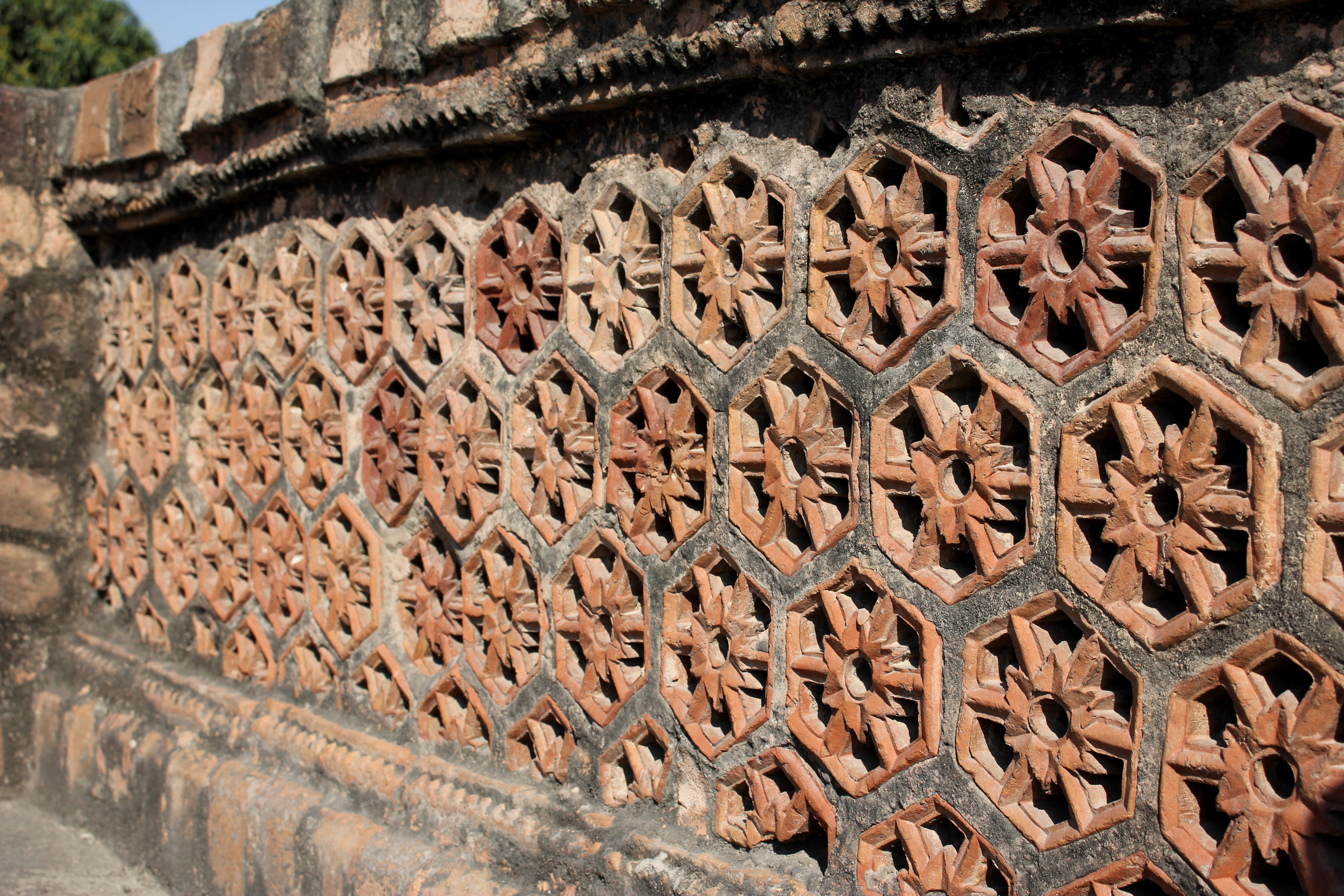
PHOTO: AYESHA MIR/EXPRESS
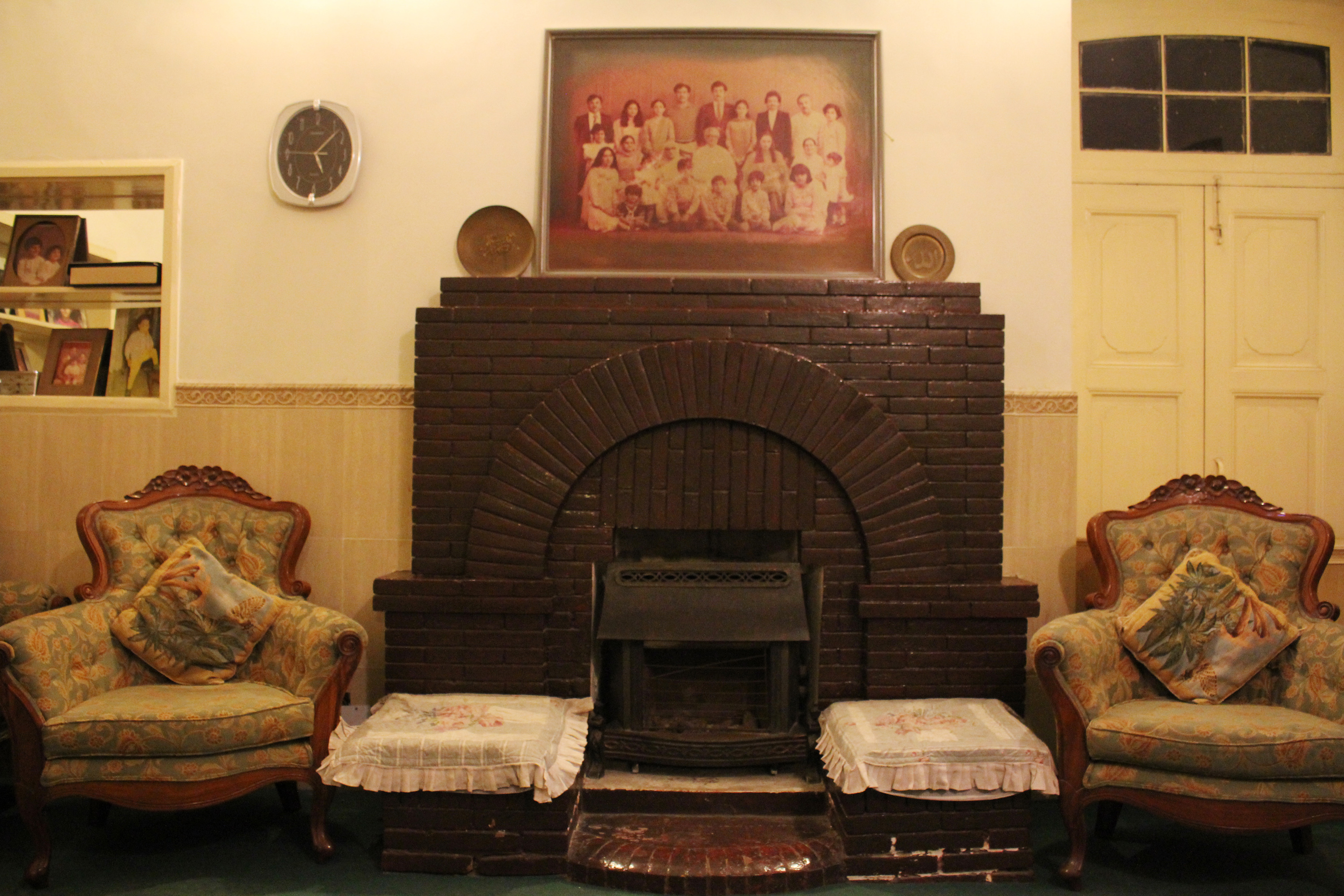
The fireplace inside Hazel’s childhood house in Lahore. PHOTO: AYESHA MIR/EXPRESS
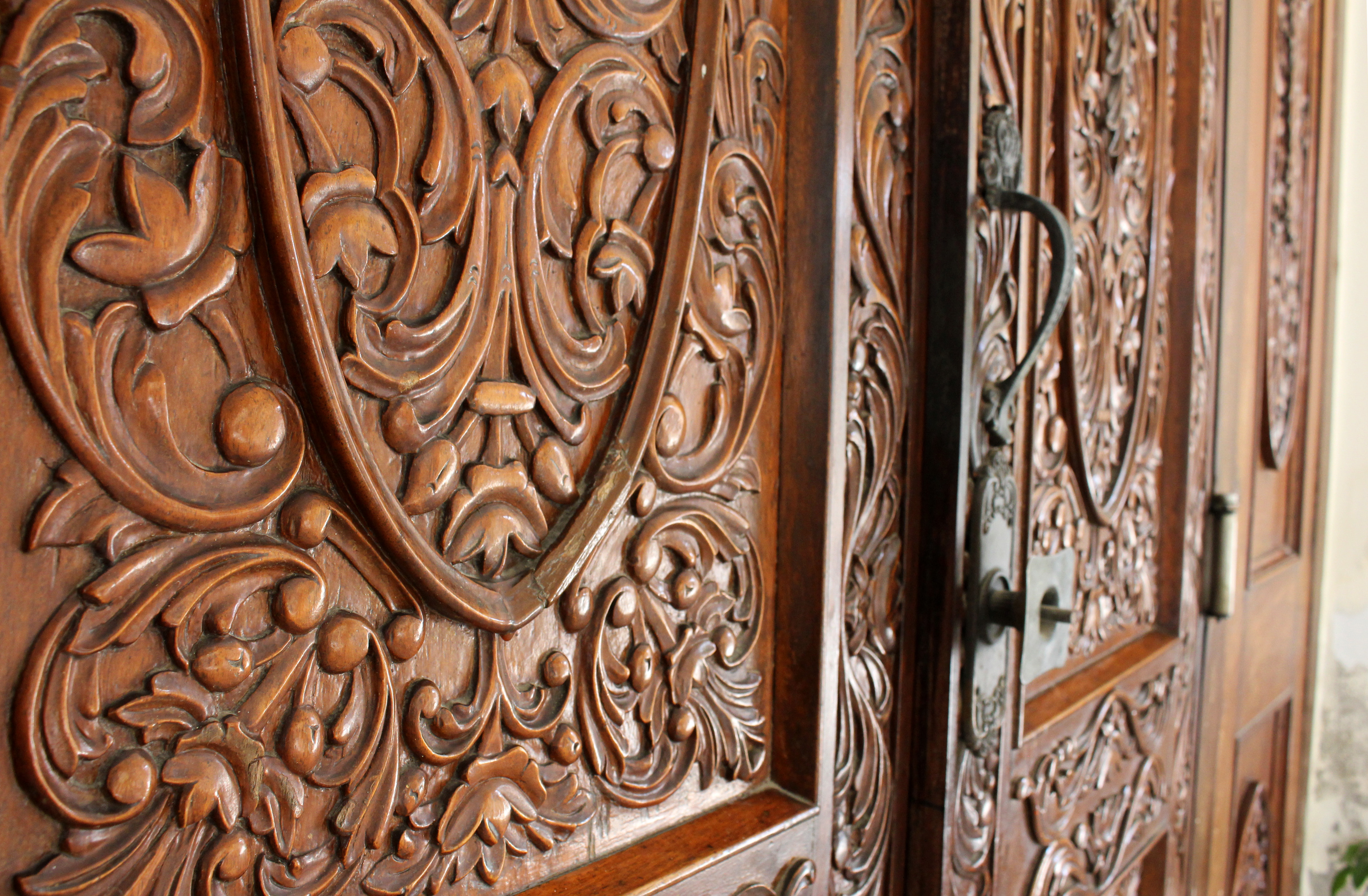
The original door. PHOTO: AYESHA MIR/EXPRES
......
Yearning for home: A Jewish woman’s memories of Lahore
Hazel Kahan recalls the city 40 years after she left with her parents
BY TAHA ANIS
“What do you think about Lahore? Can you believe how much it’s changed?” I was asked over and over again there, as my friends listed the traffic, the crowds, the new subdivisions, the restaurants, the box stores. Yes, of course (I’ve changed too in 40 years), but really their question was rhetorical. They were telling me how their Lahore has changed, how it has been transformed from the green and pleasant place of my youth, a place of order and predictability, still basking in the afterglow of the British Raj, where we worried about contracting dysentery from improperly washed fruit or about being jostled by hideously mutilated beggars in the bazaar. Today, home, sweet home requires high walls and iron gates, reinforced by fierce dogs and quasi-uniformed men. Today, my Lahore and theirs has grown to a city of over 10 million…
— Hazel Kahan in the New York-based weekly The East Hampton Star

A view of Hazel’s childhood house. PHOTO: HAZEL KAHAN
55 Lawrence Road, Lahore. Or as Hazel Kahan called it, home. Perhaps the last living Jewish woman to still associate Pakistan with that most hallowed of words.
And while she may have left it behind for the comfort and solitude provided by the woods of Long Island, New York, Pakistan refuses to leave her.
“When did I leave Pakistan? I left Pakistan many times. I left it every year to go to boarding school, I left when my parents moved in 1971, I left in 2011, I left in 2012 and I left in 2013,” she says. “Every single time, I never knew whether I would ever go back.”
Every single time, she did.
Having left the country along with her parents in 1971, Hazel thought she had moved on from Pakistan. “I had become occupied with other things,” she said. “I had a family, I got a PhD; I got on with my life.”
For nearly 35 years, Pakistan became a distant memory; “a dream” as she puts it. Then in 2007, her father passed away. With that came an overwhelming urge to return to her childhood home.
“My mother died quite a while back,” says Hazel, her voice occasionally cutting up on Skype. “Then, my father died and I started thinking about Lahore. Not Pakistan, Lahore.”
But she found herself alone in her association of Lahore, with no one to share and relive those fond memories with. “There was no one who understood what I meant when I said ‘Lahore’, my Lahore,” she recalls. “The only person who I could have talked to perhaps was my brother but back then we had a falling out and hadn’t talked for over 30 years.”

Hazel and with her brother Micheal. PHOTO: HAZEL KAHAN
With time, the urge to return only increased and the more distant and ‘dreamlike’ Lahore grew, the more she knew she couldn’t stay away from it for too much longer. “55 Lawrence Road was my childhood home,” she explains. “And of course it meant a great deal to me.”
Her decision made by an overpowering and almost visceral need, Hazel soon realised travelling to Pakistan was easier said than done. “I didn’t know anyone there,” she said. “I could barely speak Urdu and then there were all these things in the media about how unsafe the country was.”
There were other hurdles in her way as well. “I was told that I wouldn’t be allowed entry into Pakistan if I had any stamps from Israel on my passport,” she adds, her voice breaking up due to weak cellular signals. “That was overcome as I applied for a new British passport and used that instead of the one that had the Israel stamps on it.”
Logistical issues, along with security fears, still needed to be sorted out though. “I booked a room in a small hotel in a residential area of Lahore,” she adds. “But the Raymond Davis incident had just taken place and there was a lot of furore in that part of the world around it.”
She got cold feet and suddenly she was not so sure about returning to a place almost forgotten; about scratching a 40-year-old itch she didn’t even realise existed until not too long ago.
But once again Lahore pulled her towards it, as if summoning her, and Hazel found herself answering its indomitable call.
In these 40 years or so, a lot had changed but Lahore, Lahore as she knew it, still retained its unmistakable identity. “As soon as I landed, I noticed that the airport was much bigger than it had been back in the day,” she says, her smile almost palpable over the voice call. “I had a clear picture of Lahore. The essence of Pakistan…it was there. I felt it immediately…it was familiar.”

A view of Hazel’s childhood house in Lahore in present day. PHOTO: AYESHA MIR/EXPRESS
A lot had changed too, as she wrote in the New York-based weekly The East Hampton Star after returning in 2011. “…still the cherished cultural heart of Pakistan but now also menacing home to the daarhiwallahs, the bearded fundamentalists in traditional shalwar kameez who easily outnumber the clean-shaven men dressed in the Western style of my day. Lahore is also home to the “khaki, the unpopular and feared military.”
But before she had experienced that, she wanted to come to terms with what she was about to do. “Arriving at Lahore was such a momentous deal for me that for three days I just stayed in the hotel, not daring to go visit my old home.”
When she finally mustered up the courage to go seek the closure she desired, she realised it was easier said than done. “I arrived at the place and found the entrance guarded by two burly guards with guns. They wouldn’t let me in. I asked them to at least let me into the grounds so that I could see the house from the outside.”
They refused and she had to return to the hotel, fearing that her 7,000-mile journey had gone to waste. But the owner of the hotel had contacts who knew the affluent Rohri family who owned the property and called them to see if Hazel could be allowed in.
This time around, the two guards saluted, opened the gates and allowed her car through the front gate and, after four decades, Hazel once again walked the gardens where she grew up all those years ago.
“I was just taking it all in when someone walked out from the house and asked me if they could help me. I told them who I was and they invited me to come inside for tea when I had finished exploring outside.”
The hospitality she had known as a child came flooding back. “They patiently accompanied me from room to room, and I saw the changes they’d made since we lived there. They have a family dinner every Friday and I was the ‘guest of honour’ for this one.”

55 Lawrence Road, Lahore. PHOTO: AYESHA MIR/EXPRESS

PHOTO: AYESHA MIR/EXPRESS

The fireplace inside Hazel’s childhood house in Lahore. PHOTO: AYESHA MIR/EXPRESS

The original door. PHOTO: AYESHA MIR/EXPRES
......

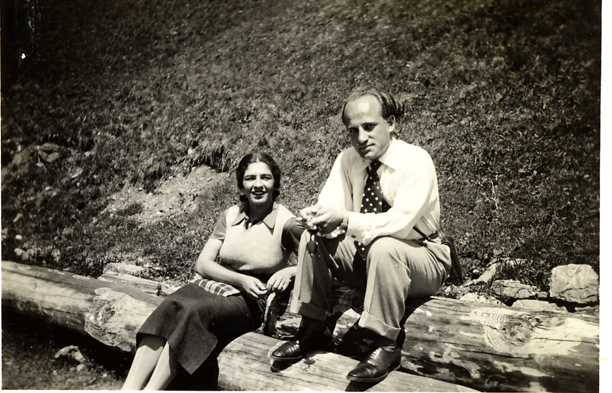
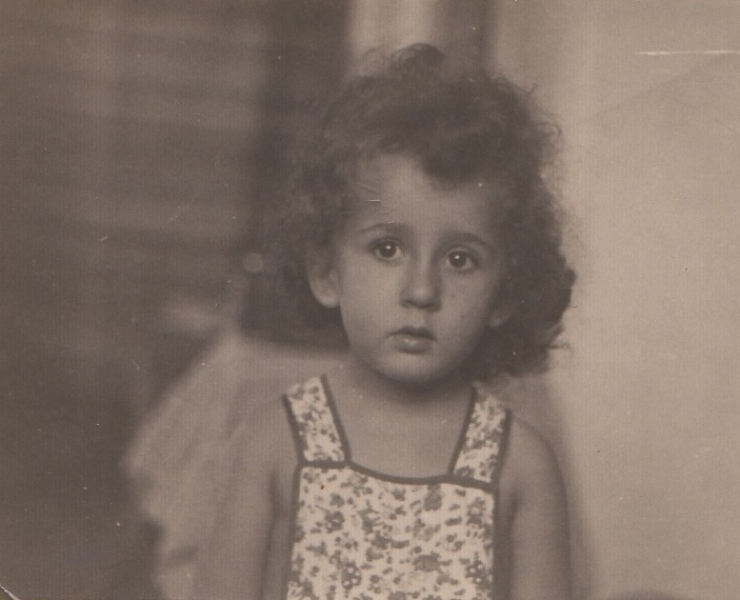


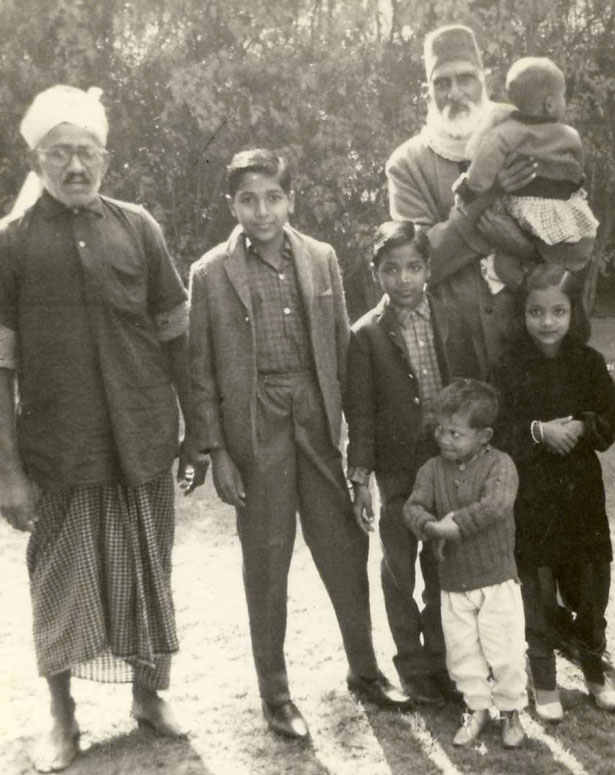

 .
.  for op
for op

 ......They are Pakistani like us...............................
......They are Pakistani like us...............................




